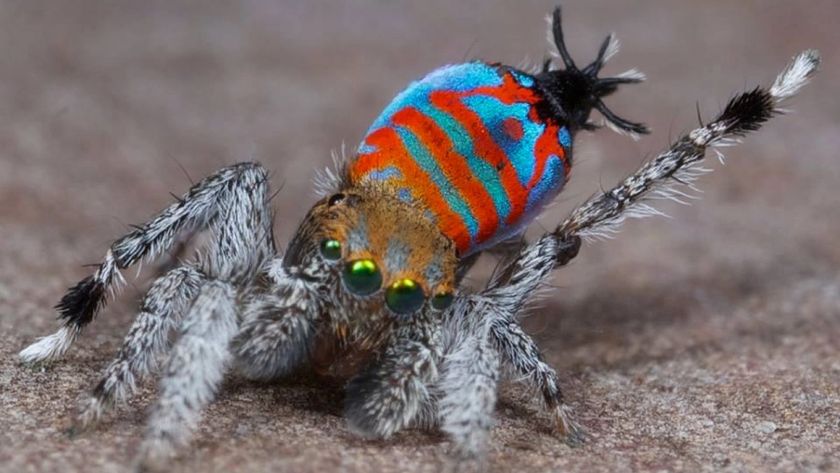Why Thoughts of Death May Be Good For You

Reminders of death can improve life, according to a review of research on how people respond to both the conscious and unconscious awareness of their own mortality.
"The dance with death can be a delicate but potentially elegant stride toward living the good life," write American and Dutch researchers in a study published online April 5 in the journal Personality and Social Psychology Review.
Scientists have suggested, in what is called terror management theory, that awareness of the inevitability of death motivates people to turn to cultural beliefs that give their lives meaning and significance, and to identify with something larger than themselves, such as nations or religions.
Much research in this area has focused on the negative consequences of reminding people of death, for example, increasing hostility toward those who have different beliefs and values, amplifying greed and promoting racism. [Gallery of Death in Art]
But, there is also evidence terror management can have beneficial effects, write the researchers led by Kenneth Vail of the University of Missouri, Columbia.
For instance, catastrophes, such as the 9-11 terrorist attacks, heighten fear and awareness of death with both negative and positive effects, Vail pointed out in a statement.
Do you avoid thinking about death?
Sign up for the Live Science daily newsletter now
Get the world’s most fascinating discoveries delivered straight to your inbox.
"Both the news media and researchers tended to focus on the negative reaction to these acts of terrorism, such as violence and discrimination against Muslims, but studies also found that people expressed higher degrees of gratitude, hope, kindness and leadership after 9-11," Vail said.
The conscious awareness of death can motivate people to take better care of their physical health and reprioritize personal goals, while unconscious awareness can motivate people to live up to positive standards and beliefs, build positive relationships, become involved in their communities, support peaceful coexistence, and enrich their own lives, write the authors.
You can follow LiveScience writer Wynne Parry on Twitter @Wynne_Parry. Follow LiveScience for the latest in science news and discoveries on Twitter @livescience and on Facebook.












